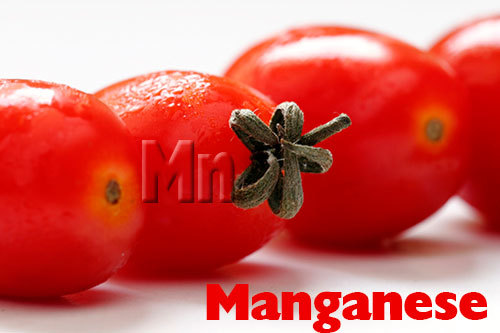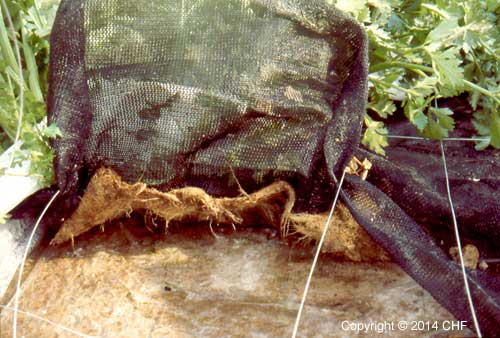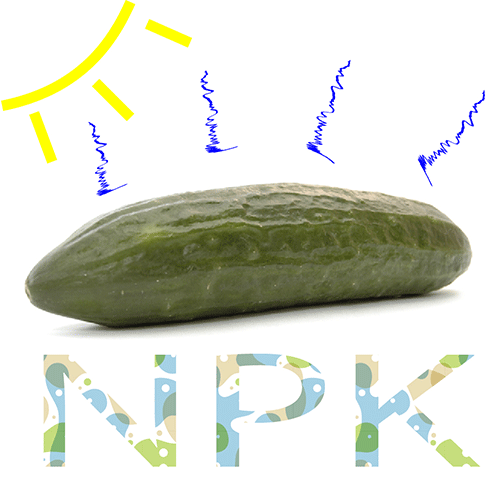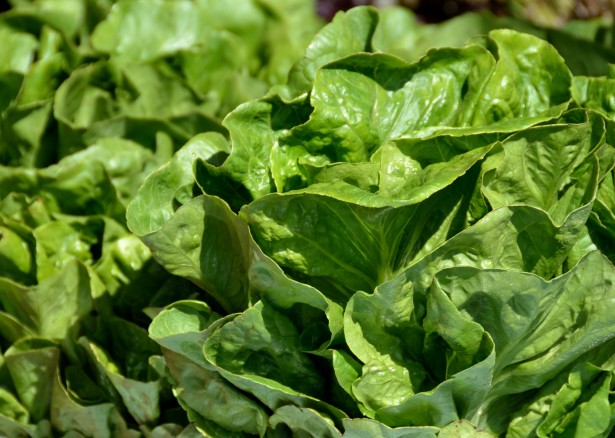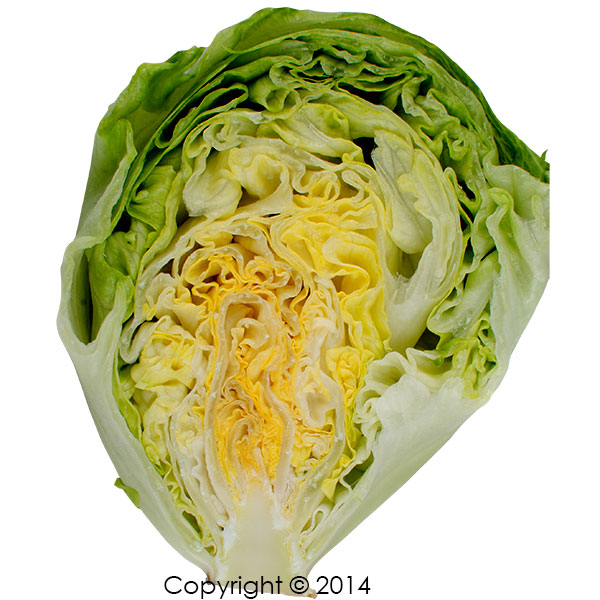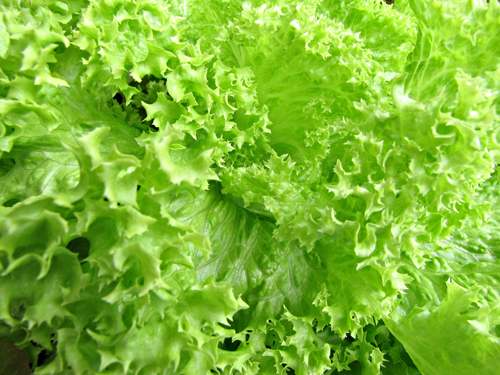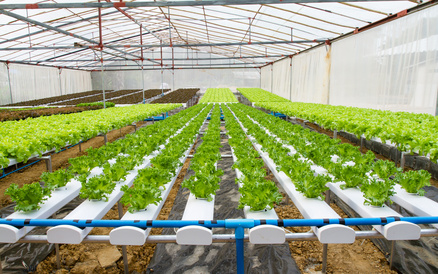The concentration of manganese (Mn) can vary significantly in re-circulating nutrient solutions. Crop uptake of manganese cannot be explained to this high variation and the only explanation is manganese oxidising bacteria or variation of pH of the nutrient solution. It is actually a combination of both manganese oxidising bacteria and solution pH. Manganese availability to [...]
Heating the nutrient solution in order to increase growth rate can provide growers an edge over competitors. This applies to all business categories. Heating up the nutrient solution can be complicated and expensive and that is where the competitive edge is. Not every grower has the ability to implement the technology effectively. Heating the root zone [...]
Lets face it, lettuce is one of the fastest growing crops from transplanting to maturity. What makes it even more crucial is that the whole plant is harvested, unlike parsley or tomatoes where the harvest period can be extended. The great advantage is that more than one crop can be harvested per year, so staggering [...]
When it comes to fertigation programmes or recipes, most commercial growers have a good indication of what is required. The nutrient program is either obtained from the fertilizer company or it is a tried and tested custom mix. Quite often what these recipes do not indicate or provide, is the variations of nutrients required within [...]
The ammonium/nitrate ratio in the nutrient solution is important since it can have a significant effect on the quality and total yields of the tomato crop. Both NO3- and NH4+ are the most important sources of nitrogen in the plant. The ammonium/nitrate ratio has only become critical, and a problem, since growing without soil became commercially [...]
Tipburn in lettuce has been a problem since the first farmer planted lettuce. Any grower will at some stage have the problem occur to some extent on his farm during warmer periods. The classic tipburn symptom is necrosis of the tips of rapidly growing young leaves. Tipburn is visible externally on butterhead and cos types, [...]
An iceberg lettuce head that is solid will always sell. Just watch people buying lettuce, they always feel the compactness of the heads first and then look at the size. Compactness first then size. Getting a good iceberg lettuce with good head formation starts with a variety first for the specific climate it is planted [...]
It is often quite difficult to identify a deficiency or toxicity symptom in the field because they never really occur as a single element deficiency or toxicity. Each of the elements are inter dependent and they influence each other within certain ratio’s. One would find for instance that phosphorus toxicity, is expressed as either a [...]
Lettuce was cultivated in 4500 B.C. in the Mediterranean basin. Only in 1543 was the first know head lettuce produced in Europe. Lettuce was first cultivated for the edible oils that the leaves produce. Only later, in Egypt, was lettuce leaves eaten raw. There are four lettuce types cultivated for the fresh market, these are: [...]
